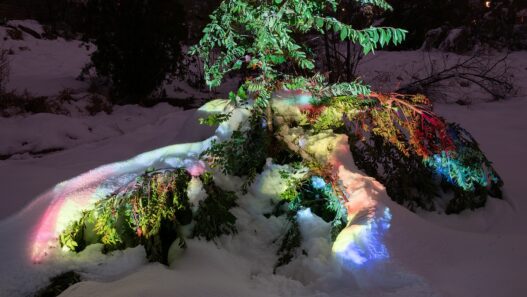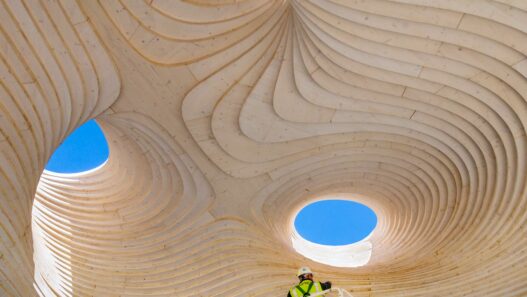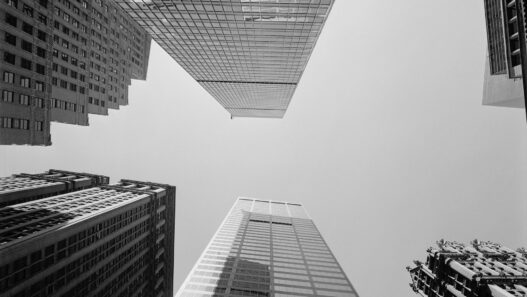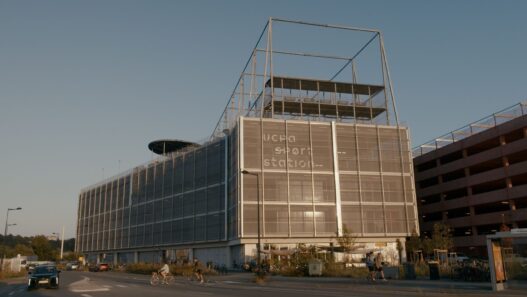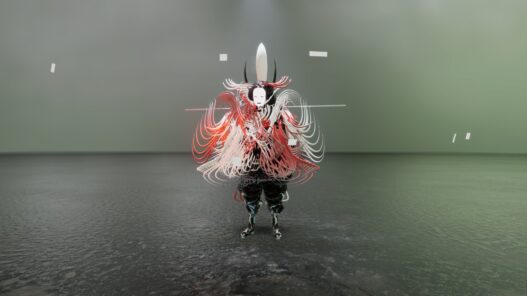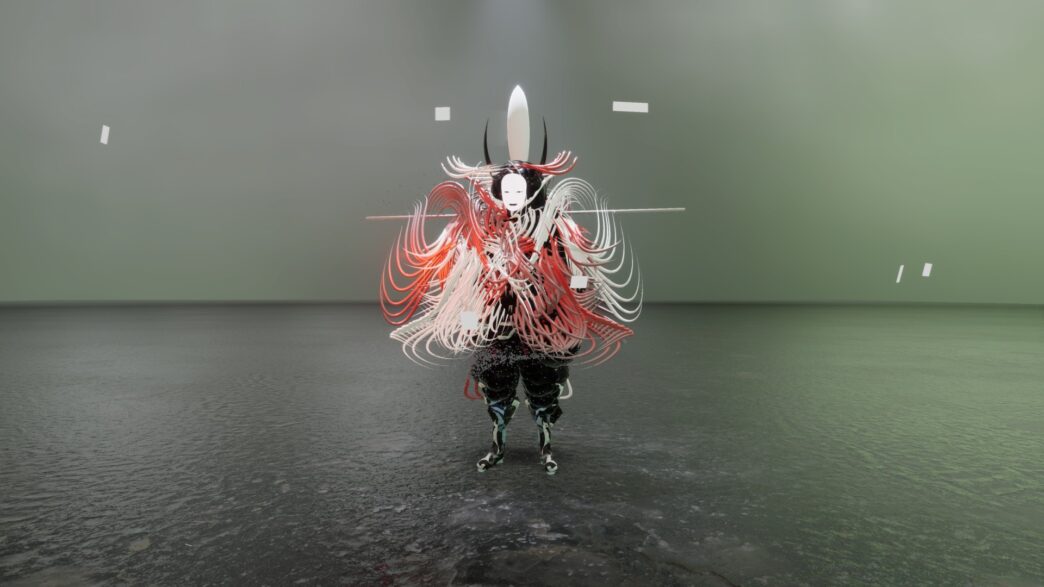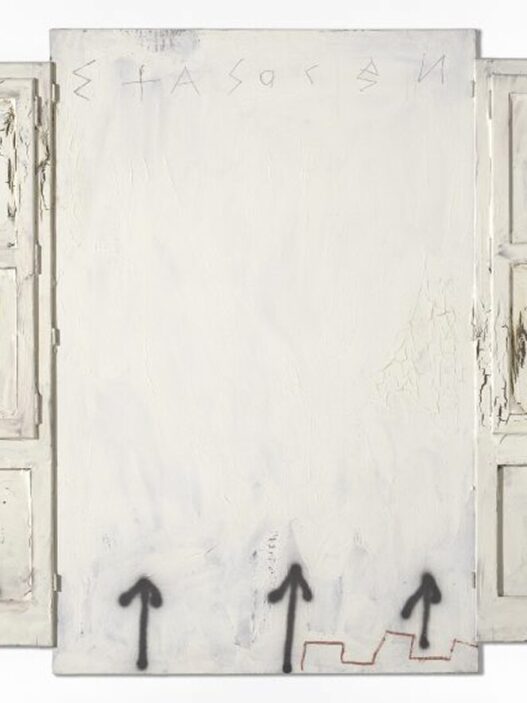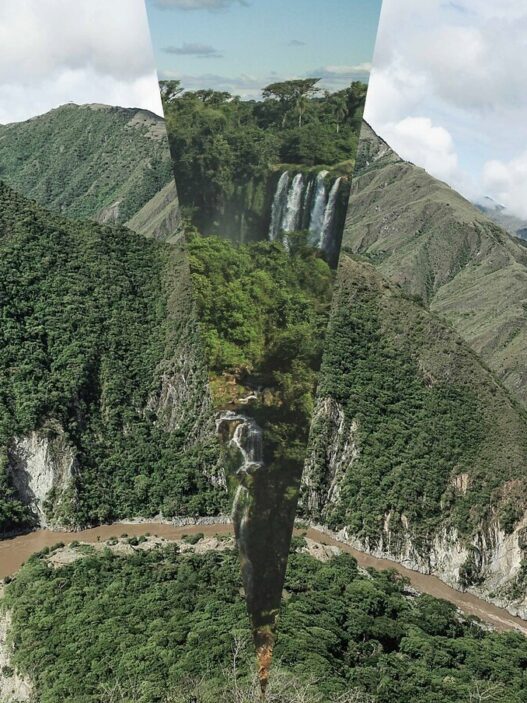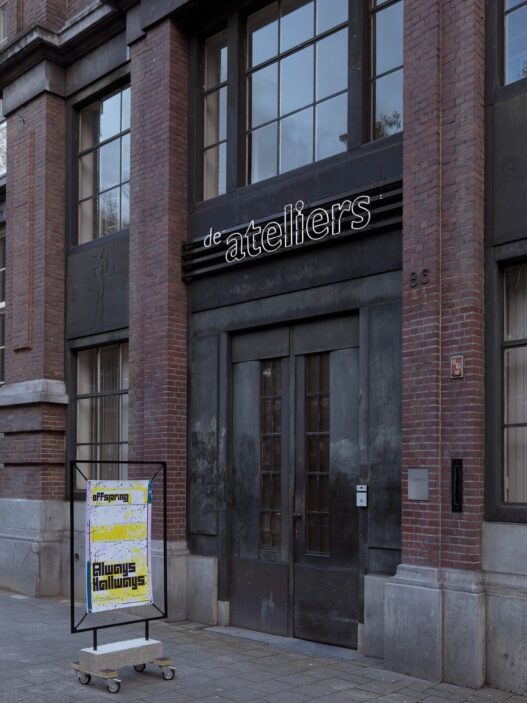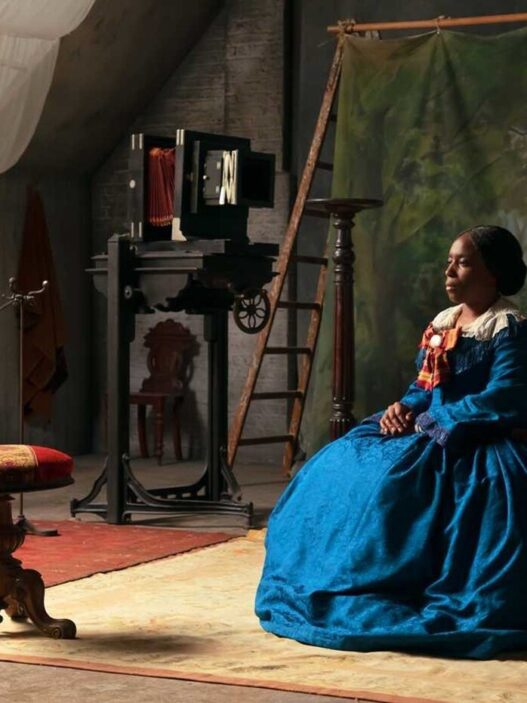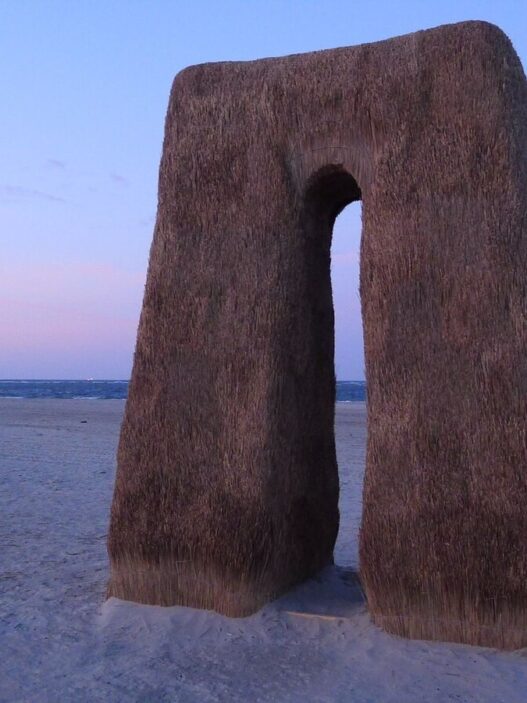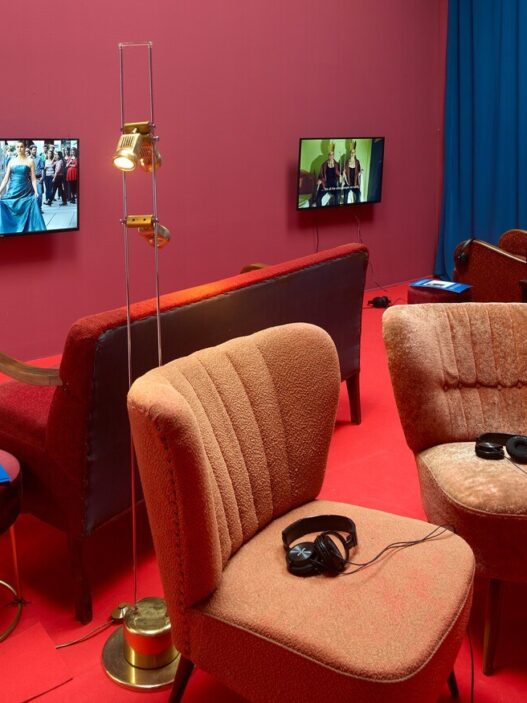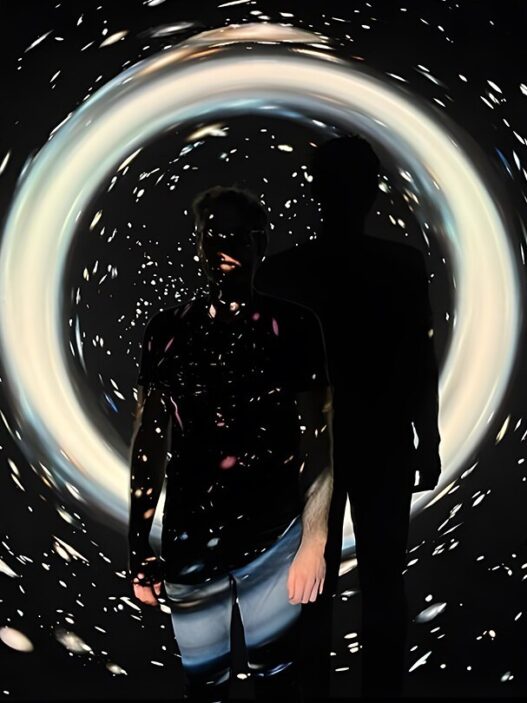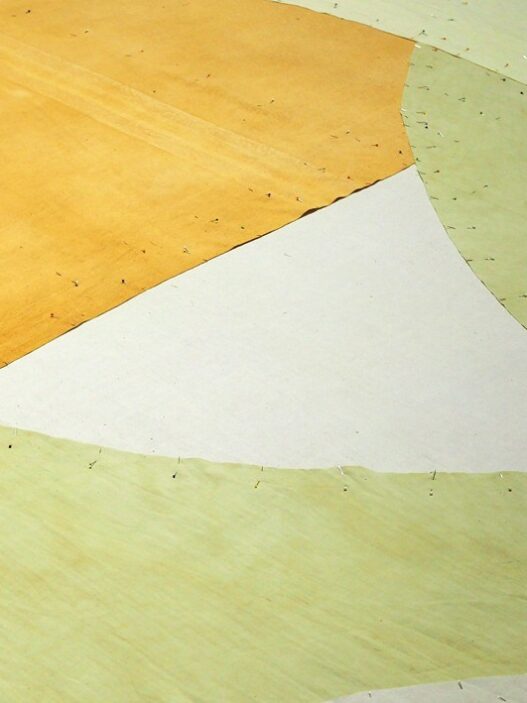September 19, 2022–January 29, 2023
Metaverses: Realities in Transition, a collection of virtual environments proposed by and for artists, is being presented by the Center for Contemporary Creation Matadero Madrid as a collection of new spaces for creation and resilience, primarily developed during the COVID19 international crisis and promoted by several international cultural institutions.
In 1992’s science fiction book Snow Crash, the phrase “metaverse” was first used. Neal Stephenson, the author, foresaw a brand-new virtual reality, but he also depicted a dismal future in which viruses and hyperinflation would rule and where governments would no longer control corporations and major economic players.
Today, there exist metaverses like The Sandbox or Decentraland that are similar to the idea Stephenson established in his book: massive global markets for digital and physical goods. In addition, Facebook launched Meta Platforms in October 2021 as a new moniker for its online social experience applications as it expanded into new regions.
It is assumed that metaverses will serve as the new Internet and that metanauts will immerse themselves in this new environment as they browse its hyperlinks, just like the first Internet users did. But their spread is not without controversy: the persistence of domination fantasies, the creation of new cybercrimes, the mental health difficulties brought on by being cut off from the real world, and the concerns with privacy management, which have been dubbed the Metacurse.
The energy costs associated with operating “the cloud,” the encrypted transactions, etc., as well as the promotion of consumerist use of digital goods have an impact on the environment. However, if you see them as gathering places, they could aid in lowering the CO2 emissions and waste pollution produced by human activities that don’t always need for human presence.
The truth is that the global art world has been creating metaverses for a while now, with a wide range of objectives, experimenting in step with the advancement of technology itself, and thinking critically about the aesthetic and societal ramifications.
Others, like the Austrian collective Depart, investigate the poetic potential of the algorithms that are used to create virtual environments, in contrast to collectives like The Institute of Queer Ecology, which tries to reach a queer and interspecies horizon through artistic research and creation as well as by sharing knowledge in a virtual platform.
When the Filipino community Chodes Craft, founded around the computer game Minecraft, sought to establish a platform within it to help under-represented artist communities in 2020, they had no idea that it would eventually grow into the global movement Club Matryoshka. With assistance from Matadero Madrid and the L.E.V. Festival, the Paris-based collective Children of Cyberspace established Planet L.E.V Matadero in the same year. A venue to virtualize the festival’s experimental work in the areas of electronic music and audiovisual creation using hybrid forms that are only conceivable in digital surroundings, this artistic universe is inspired by the Asturian landscapes.
with the assistance of musician Meuko and music producer! Asian musical producers and artists will get a platform to display their work at the Unsound festival in 2021 thanks to Meuko!, a Taiwanese collective Naxs Corp. Afterlife is a metaverse that reflects the meeting point of animistic cosmology and post-human mythologies.
Metaverses are only now beginning to develop. The exhibition is predicated on the idea that these encounters will become more prevalent in our daily lives. They will influence subjectivities because they are devices that produce affect. Corporations and brands want to colonize them as a new landscape for consumer consumption because they instantly promise happiness. It is up to us to plan the digital future we desire and to make the necessary resources available in order to have diverse, creative, accessible, and creative metaverses.
Curated by L.E.V. (Cristina de Silva and Nacho de la Vega) with Jesús Jara López.
Matadero Madrid
Centre for Contemporary Creation
Pº de la Chopera, 14
28045 Madrid
Spain
Hours: Tuesday–Friday 5–9pm,
Saturday–Sunday 12am–9pm
T +34 913 18 46 70
info@mataderomadrid.org


